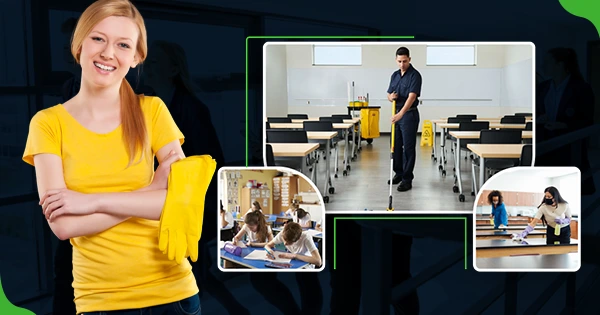Maintaining proper hygiene in schools is essential for protecting the health of students and staff. A clean environment not only prevents the spread of illnesses but also supports better focus and learning outcomes.
Why School Hygiene Matters
Schools are high-traffic environments where germs can spread quickly. Ensuring classrooms, washrooms, cafeterias, and shared spaces are kept clean is critical in reducing sickness and absenteeism.
Disinfection as a Priority
Regular cleaning alone is not enough in today’s world. Professional disinfection cleaning services ensure that harmful bacteria and viruses are effectively removed, providing safer learning spaces for children and staff alike.
Deep Cleaning for Long-Term Safety
Routine cleaning must be paired with periodic deep cleaning services to eliminate hidden dirt, allergens, and contaminants. This creates a healthier environment that directly benefits students’ well-being.
Conclusion
Schools that prioritize hygiene create a safe, healthy, and welcoming atmosphere. By integrating regular cleaning, disinfection, and deep cleaning measures, educational institutions can protect students and staff while promoting better learning outcomes.


